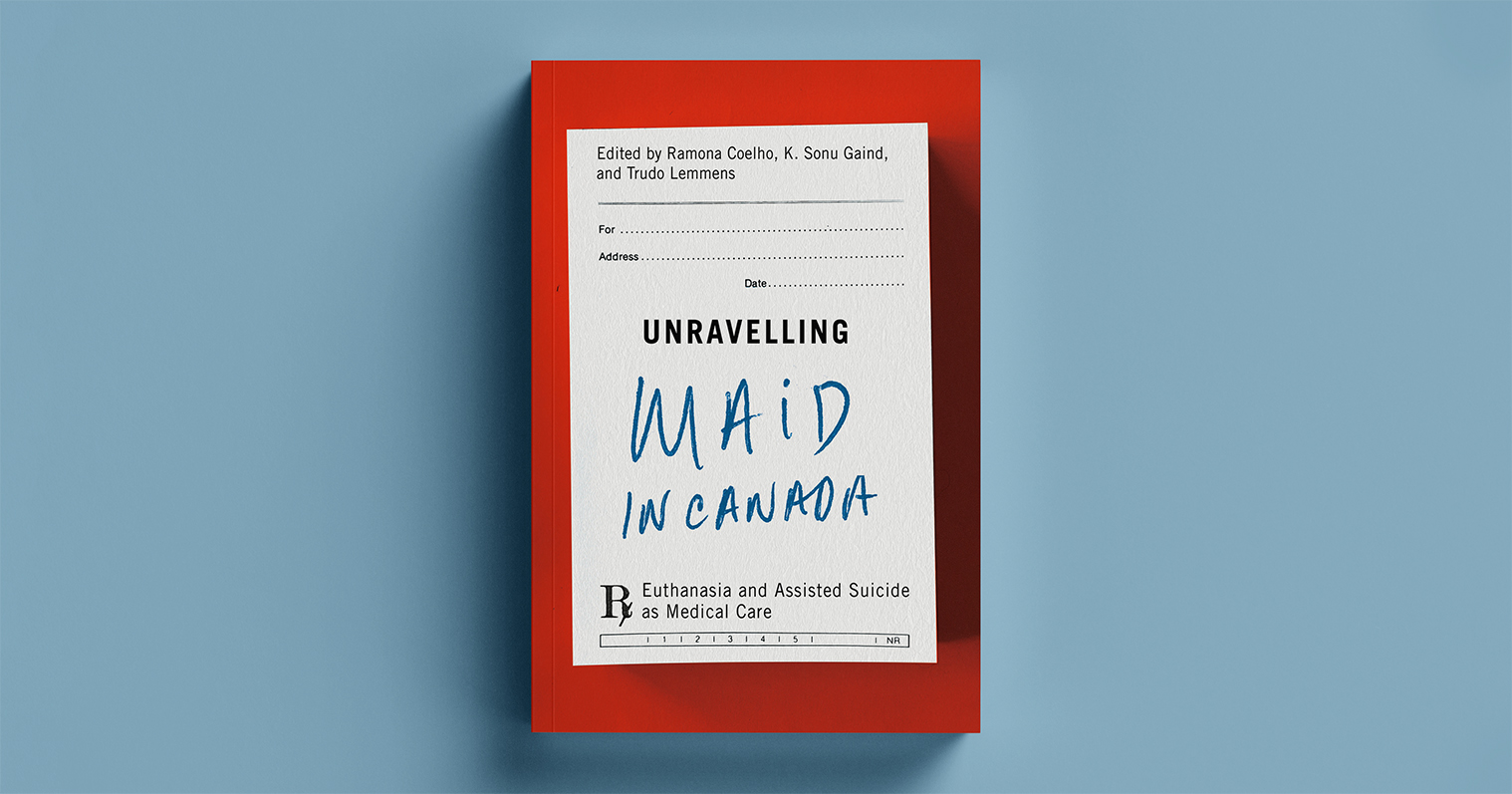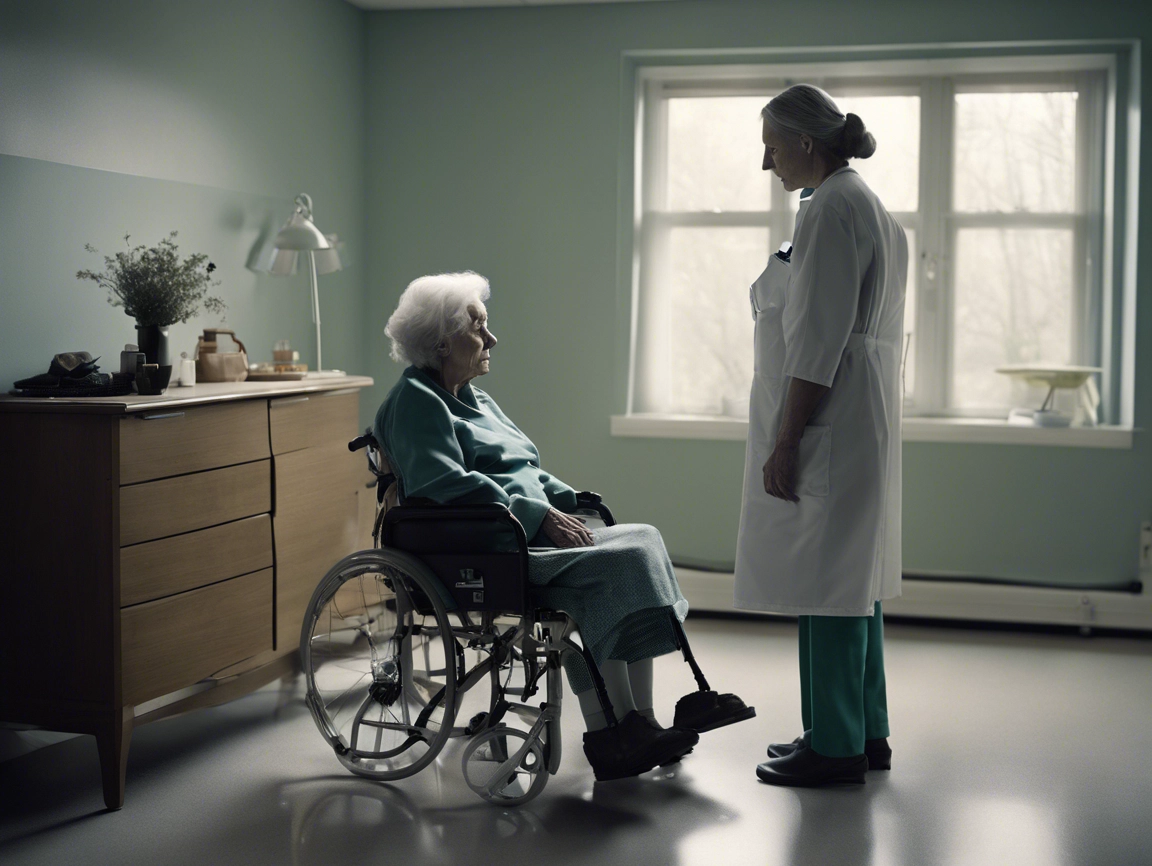Dear friends,
As you know, we reach out to you from time to time to carry out our mission. I invite you to pay attention to our email next week for all the details. Our team is mostly volunteer, but some tasks and actions require your financial support. We thank you in advance for your support.
I would like to take this opportunity to inform you that we have just learned the detailed schedule of the hearings of the Quebec Select Committee on the Evolution of the Act respecting end-of-life care and also, the composition of the federal government’s Special Joint Committee on Medical Assistance in Dying.
As you can see, the debate is going to be very uneven when it comes to deliberating the issues surrounding the upcoming expansion of medical assistance in dying. We will be following the progress of this endeavour very closely for you.
Your reflections are always welcome to help us in our work.
Yours sincerely,
Dr. Catherine Ferrier
President
CANADIAN NEWS:
Shortly following the adoption of Bill C-7 on March 17th, 2021, legalising the expansion of MAiD, a parliamentary committee was set up with the House of Commons and Senate. The committee is tasked with a review examining the provisions of the Criminal Code relating to medical assistance in dying and their application, including MAiD for mature minors, advance requests, mental illness, the state of palliative care in Canada and the protection of those with disabilities.
As you know, a five-year parliamentary review was foreseen by Bill C-14 in 2016, and should have started in June 2021 but never took place. The question of extension to children and people with mental illness, and to MAiD by advance request was the subject of a detailed report by the Council of Canadian Academies Expert Panel on Medical Assistance in Dying in 2018, and showed no conclusive evidence of the safety of any of these practices. Nonetheless Parliament went ahead and approved MAiD for mental illness in Bill C-7.
A few weeks ago the Collège des médecins du Québec (CMQ) launched a similar focus group to provide guidance to its members on the issue of medical assistance in dying (MAiD). The group is mandated to conduct an ‘in-depth reflection on all the clinical, ethical, deontological, legal and organizational aspects of MAiD in an end-of-life care context’. One of the key factors for the institution of this group was the fear of the practical consequences of integrating MAiD in end-of-life care. Which is sadly, a very good example of the dangers of putting the ‘cart before the horse’.
Despite the recent adoption of Bill C-7, there continues to be evidence of those against the expansion of MAiD:
Self-Advocate Leadership Network (SALN) officials (who represent a network of self-advocates from seven Lower Mainland and Vancouver Island organizations) – say “the expansion of Bill C-7 to include people with non-terminal conditions is a violation of human rights” that “has further devalued people with disabilities and many other groups of Canadian citizens,” and puts many people with disabilities at risk.
- The Protection of Conscience project recently issued a Submission to the College of Physicians and Surgeons of Ontario addressing Professional Obligations and Human Rights
- Message from the Catholic Bishops of Canada on the Expansion of Euthanasia and Assisted Suicide in Canada
COMMENTARIES :
- Canada’s quick, painful descent into a culture of death
- Author Peter Stockland sheds some light on the stark reality and implications of MAiD expansion on palliative care: Shadows and Light on Palliative Care
IN THE LITERATURE:
- Physician-assisted suicide and euthanasia – who are the vulnerable? The South African Journal of Bioethics and Law. April 2021, Vol. 14, No. 1 SAJBL


